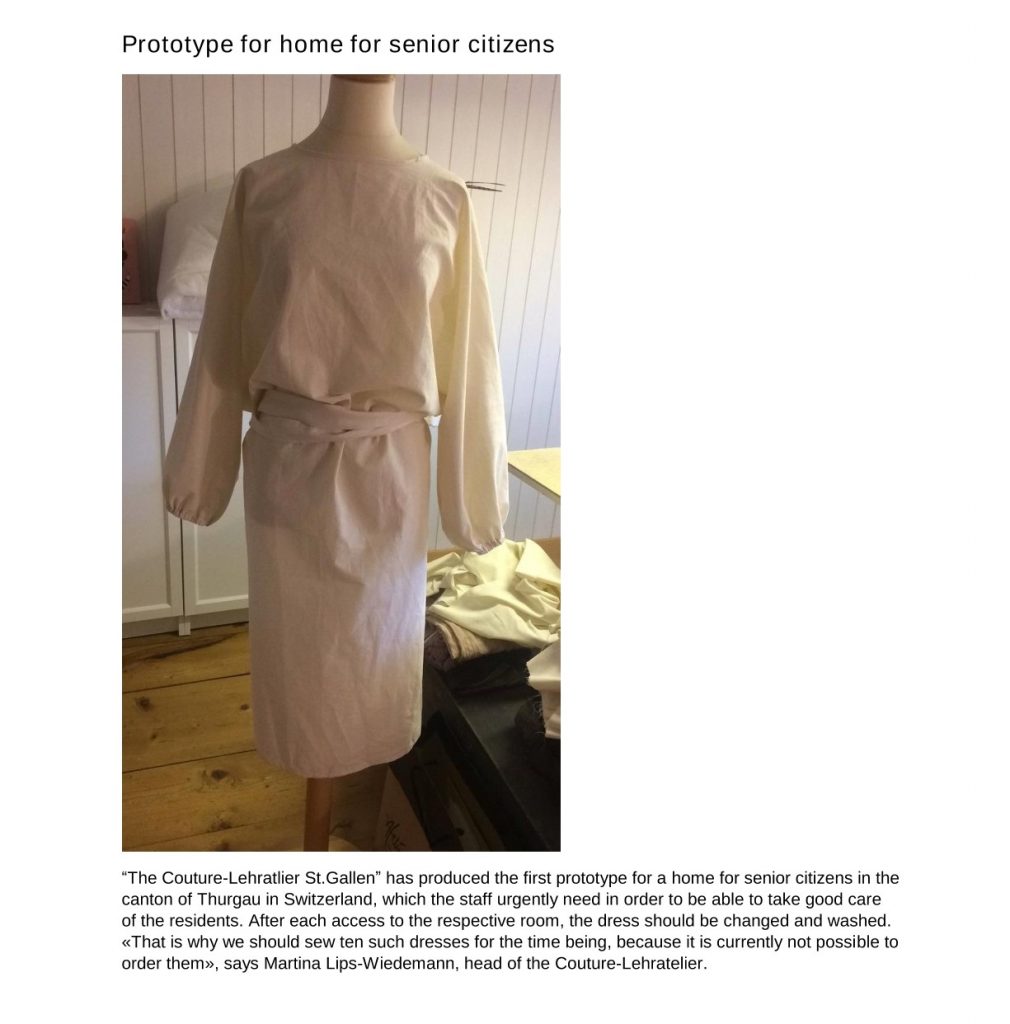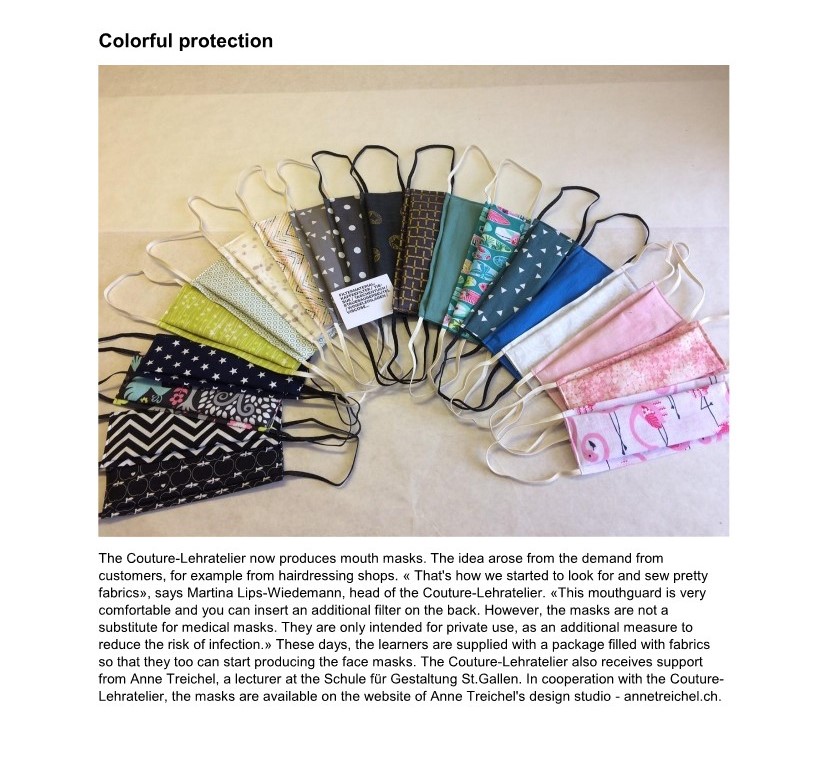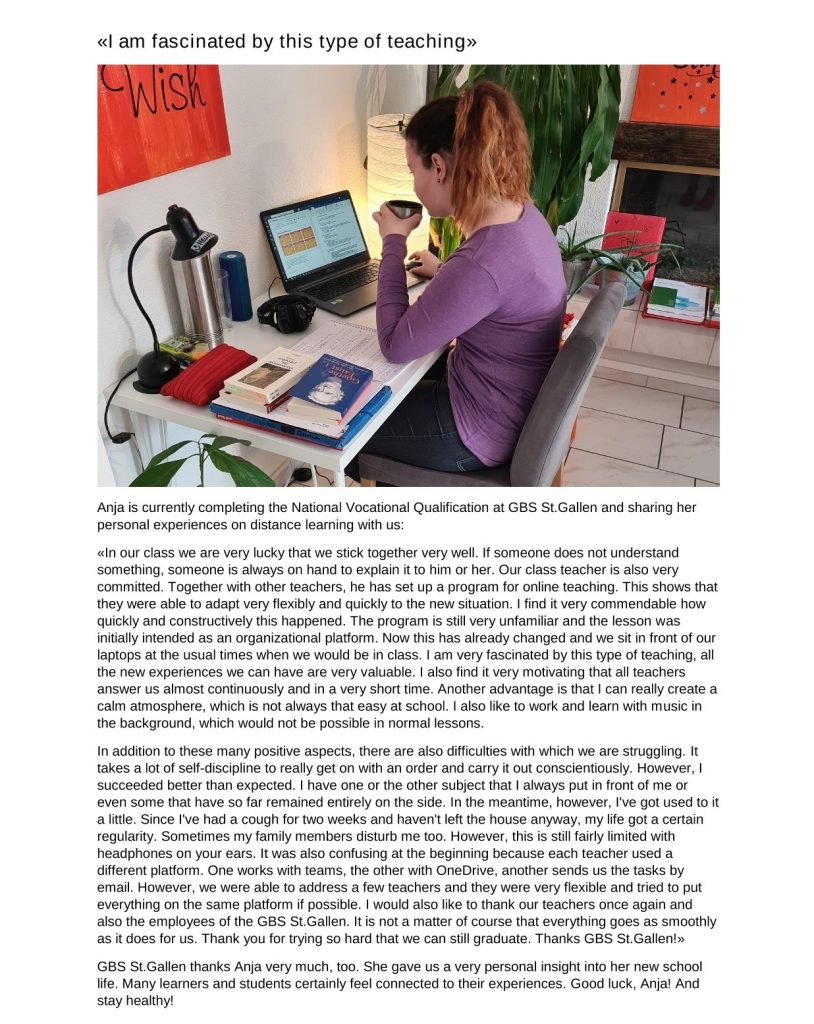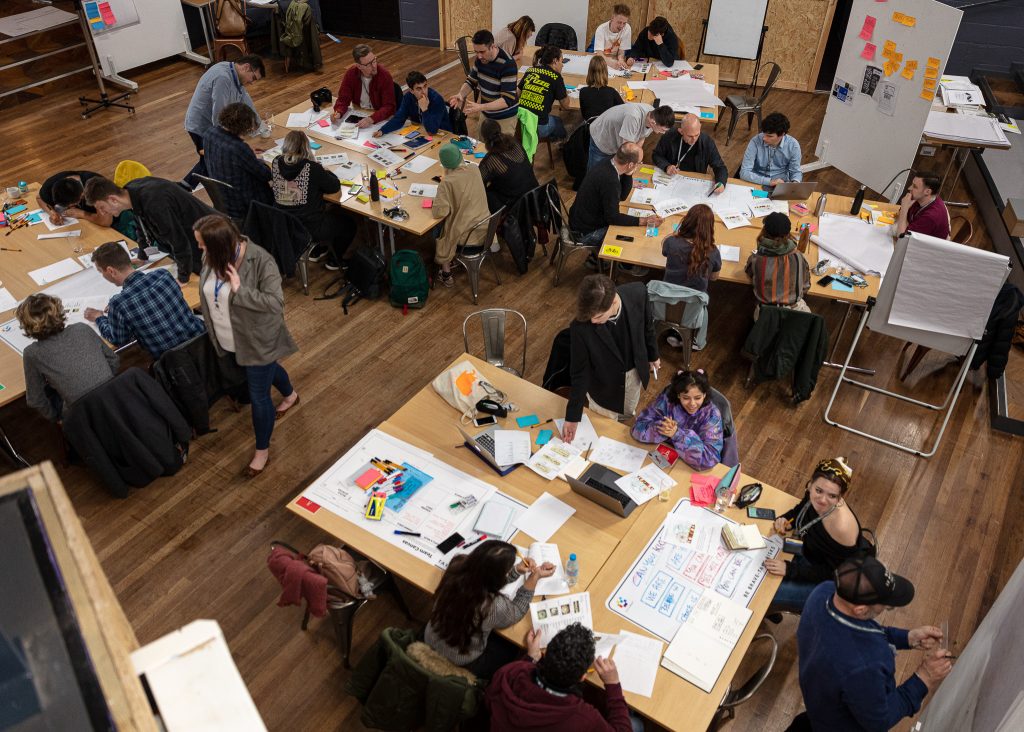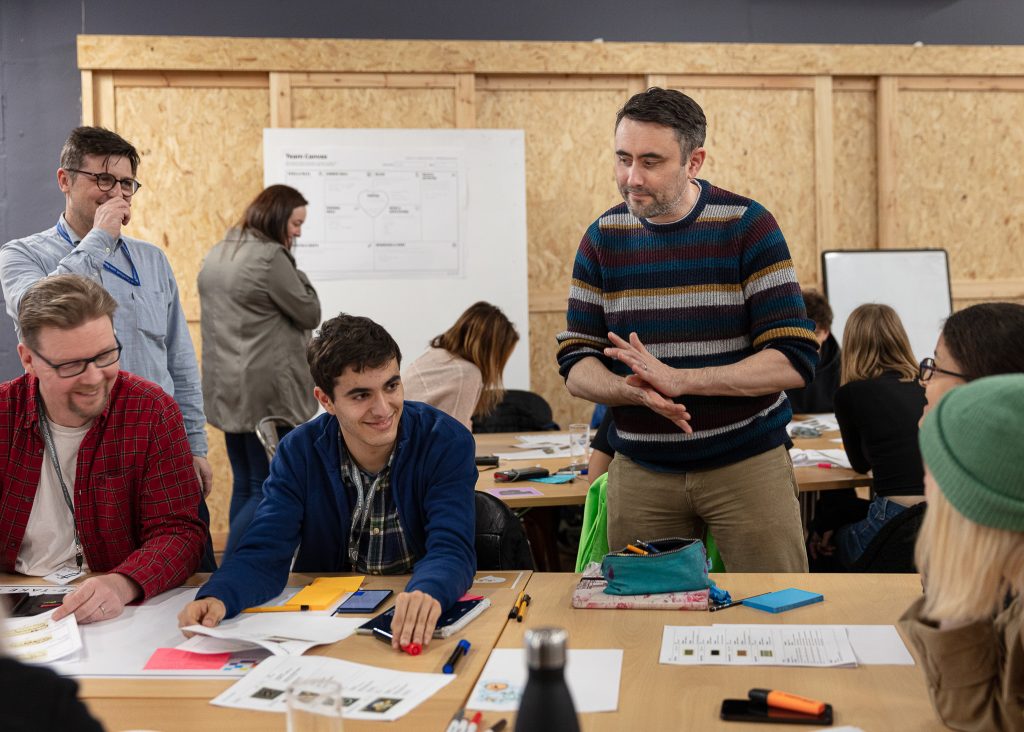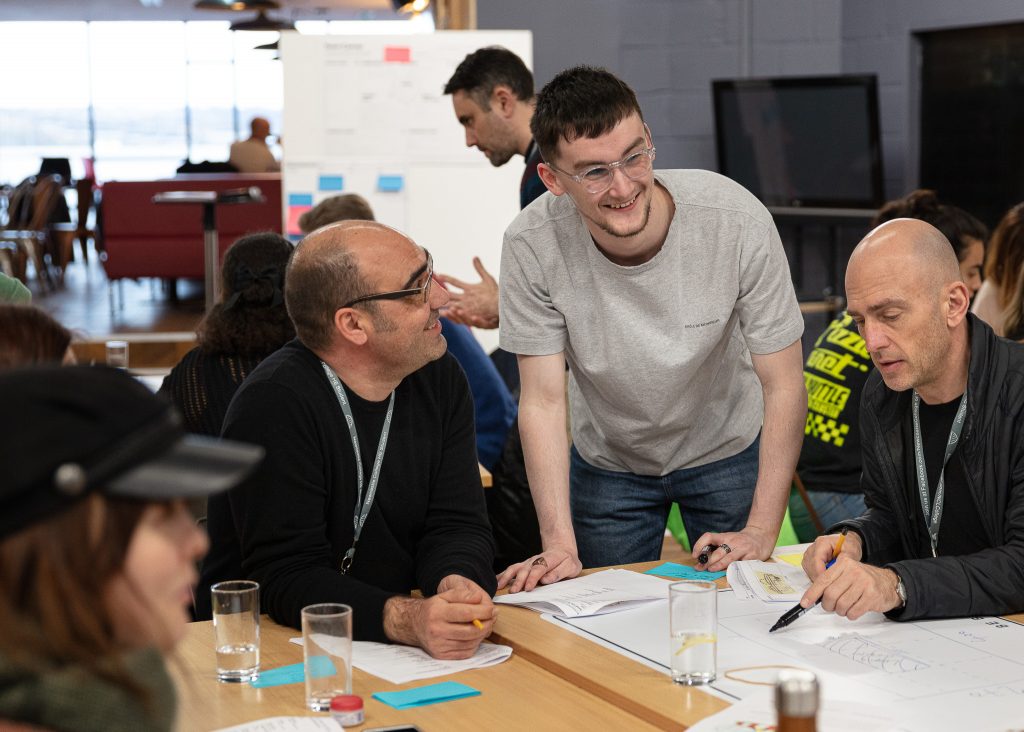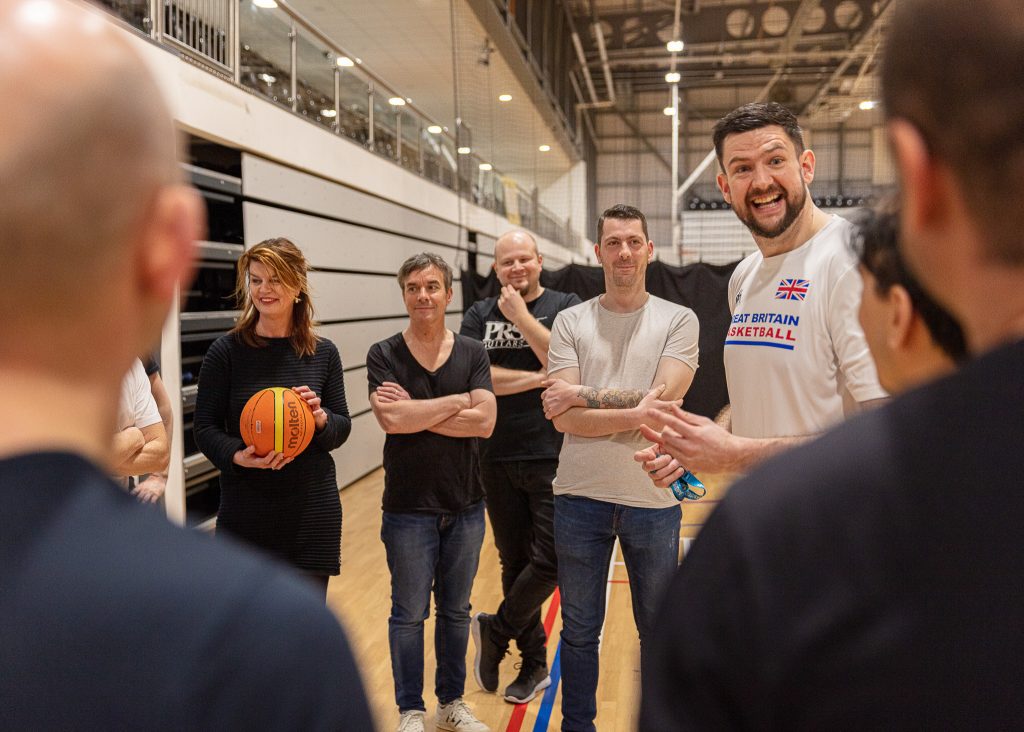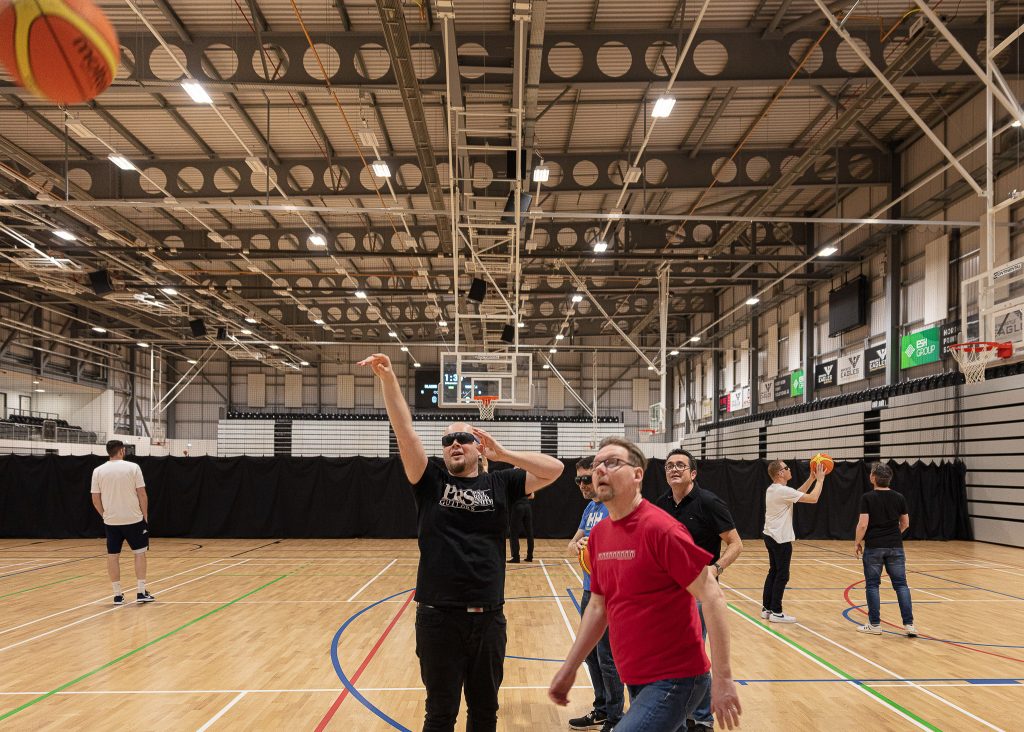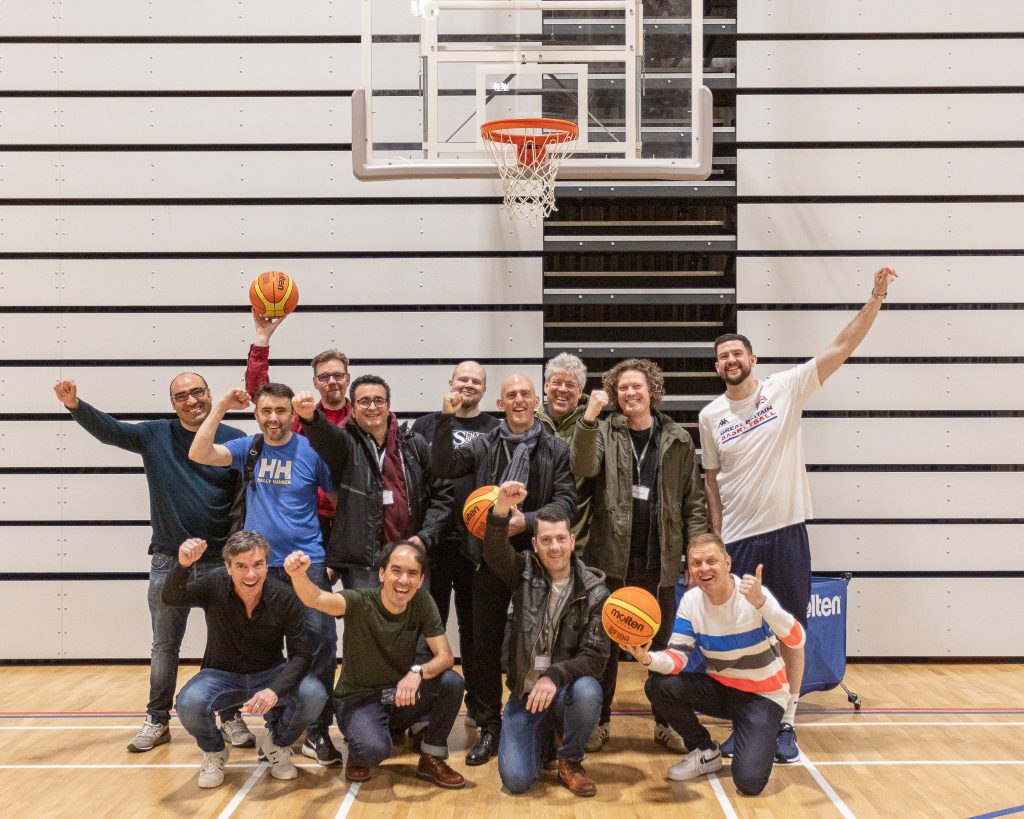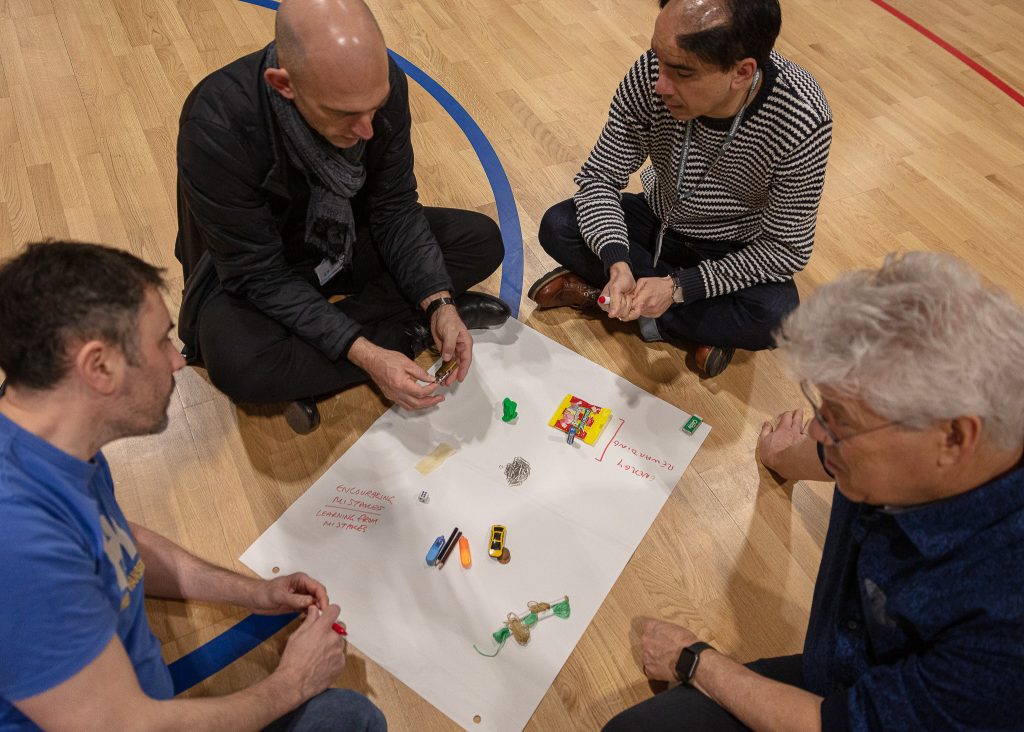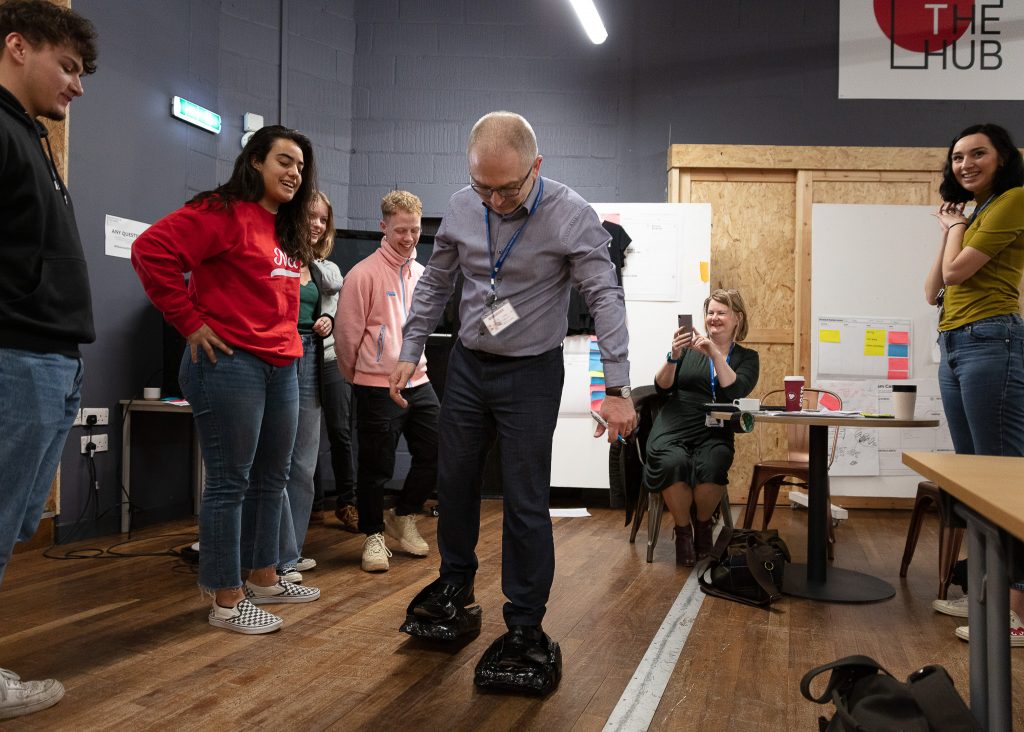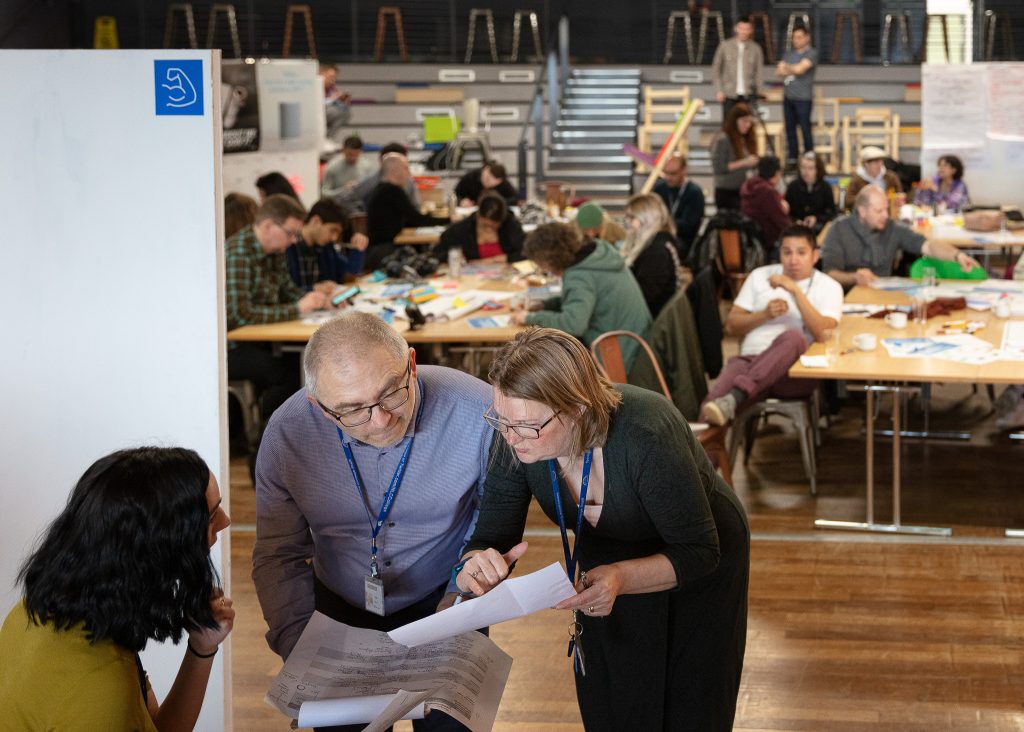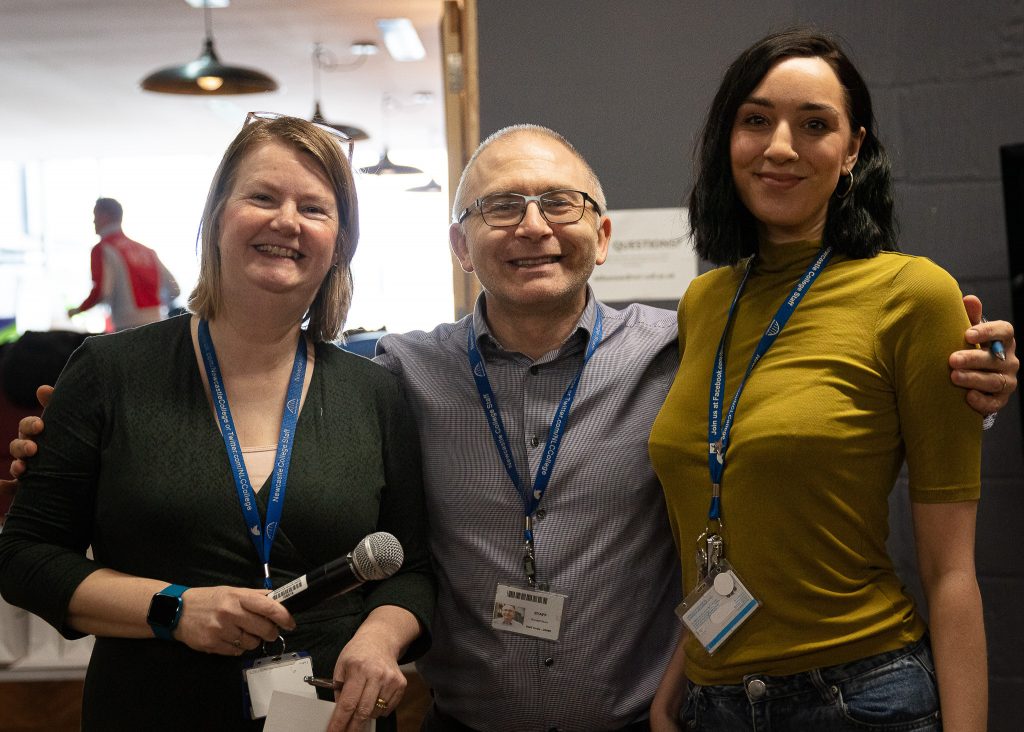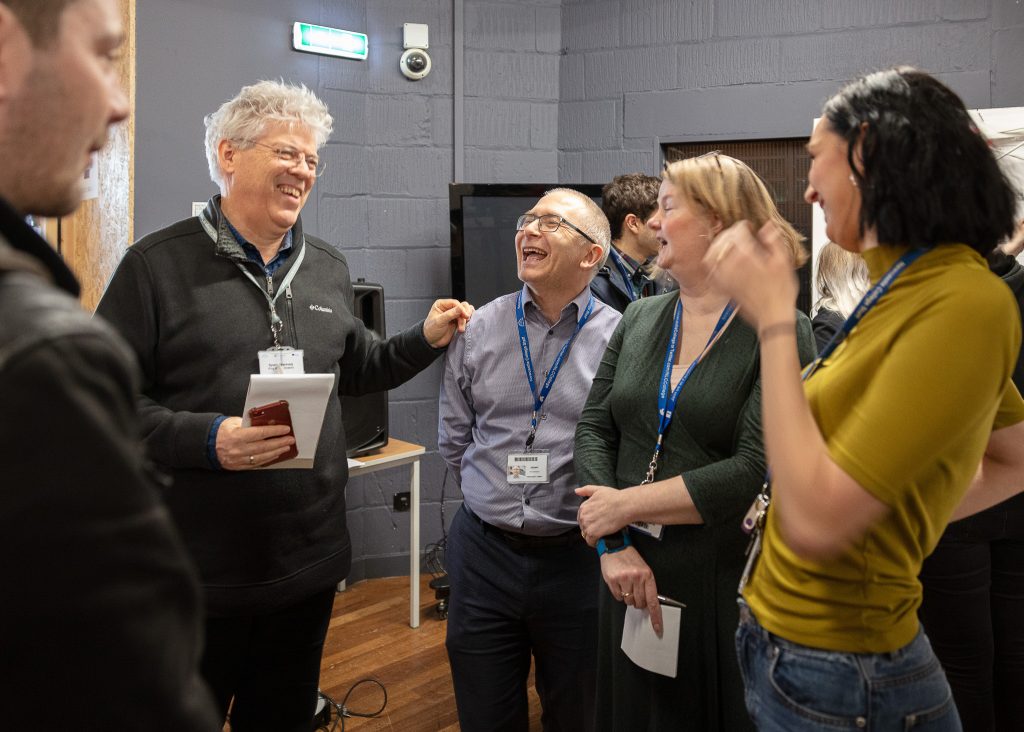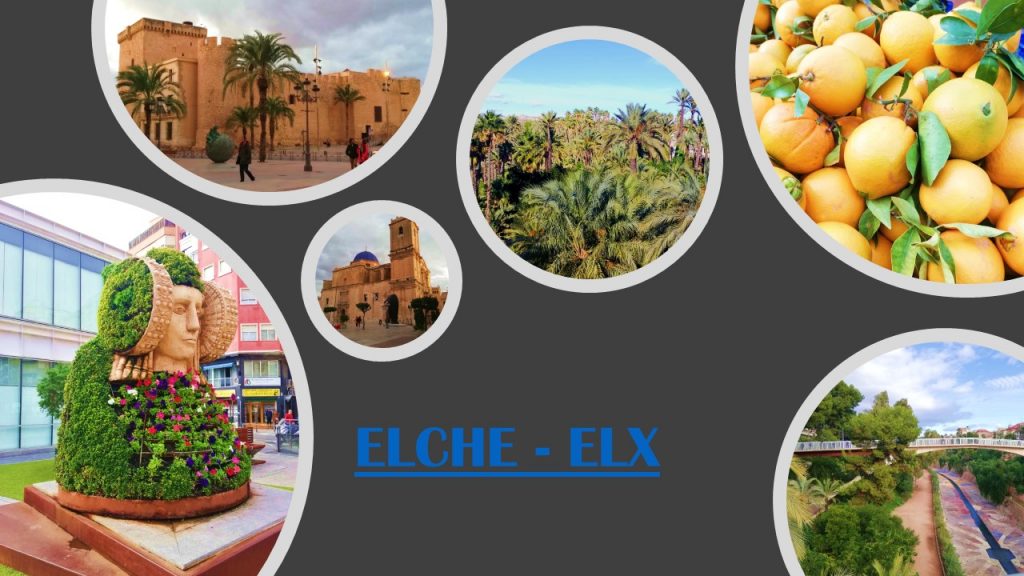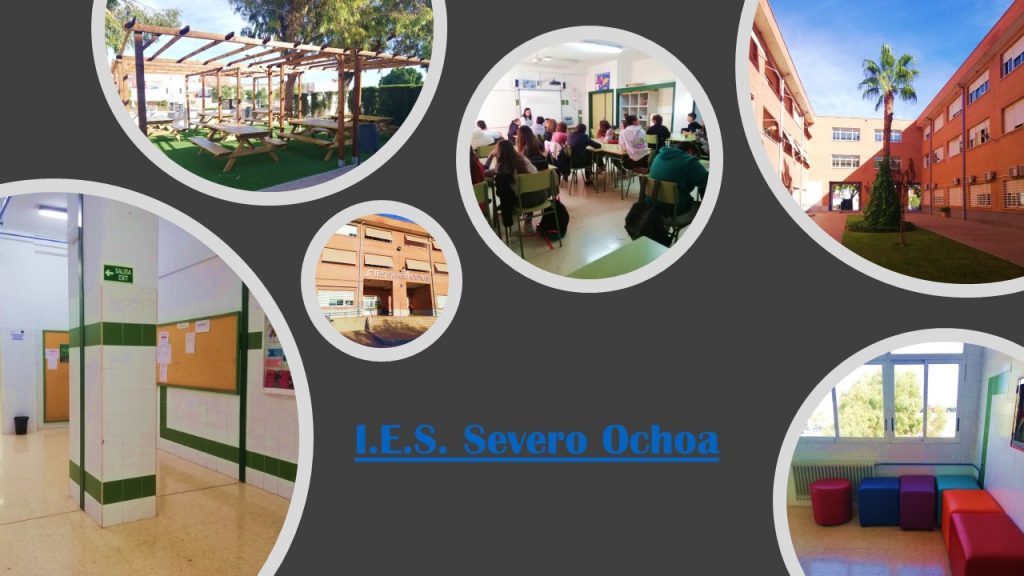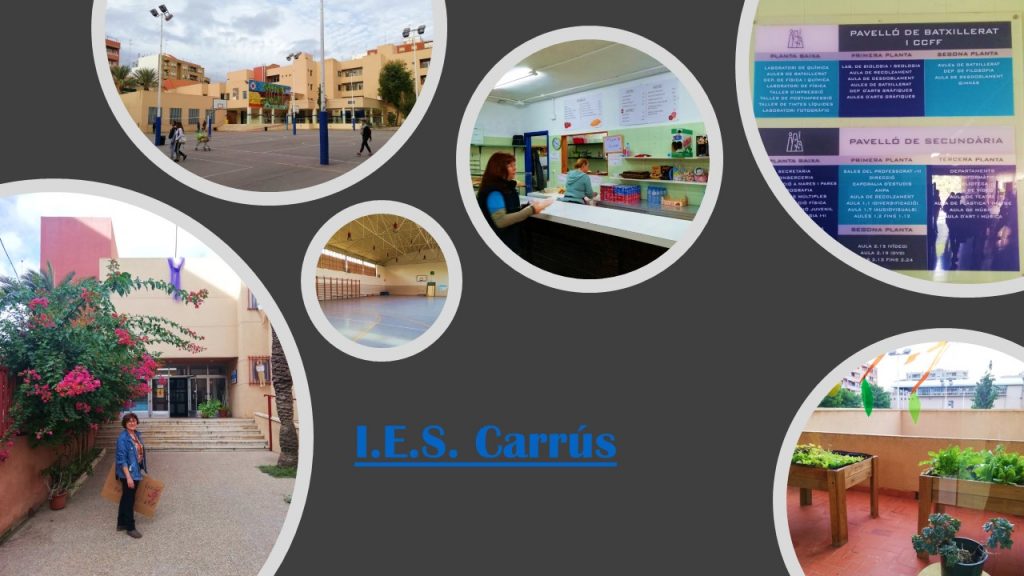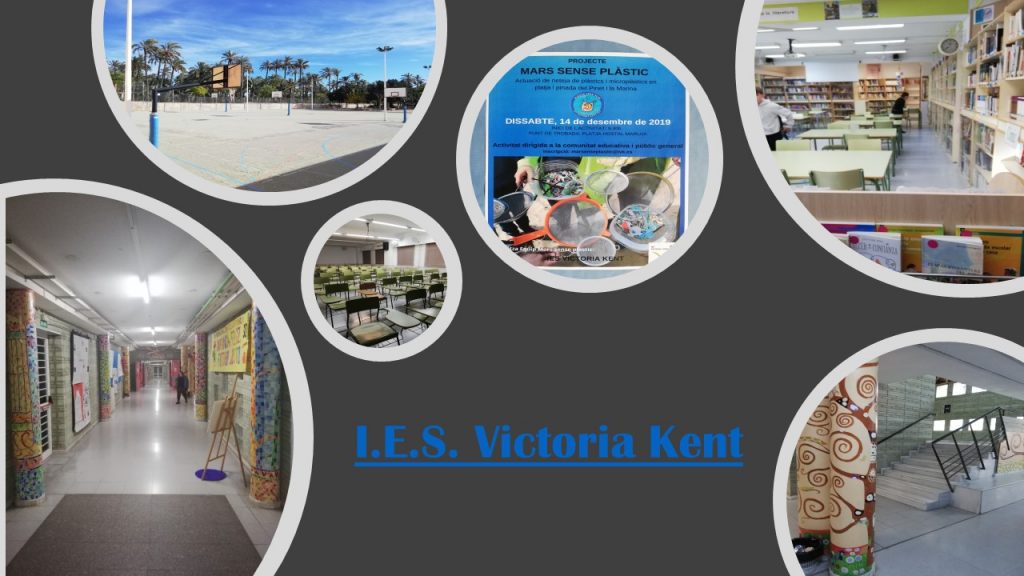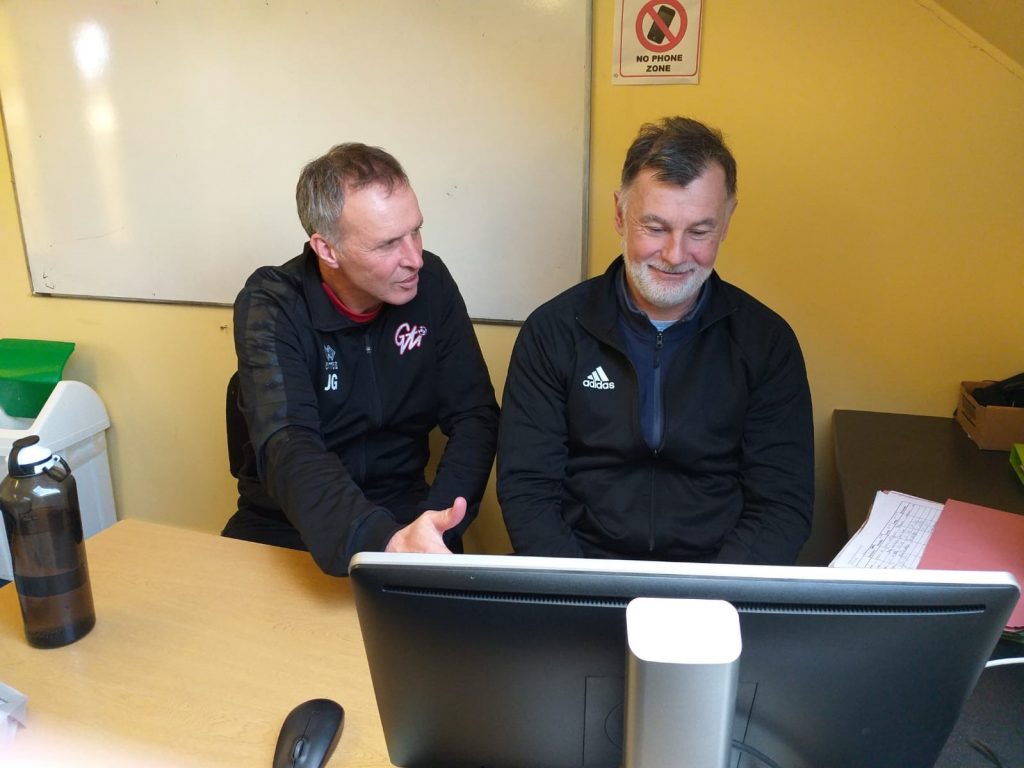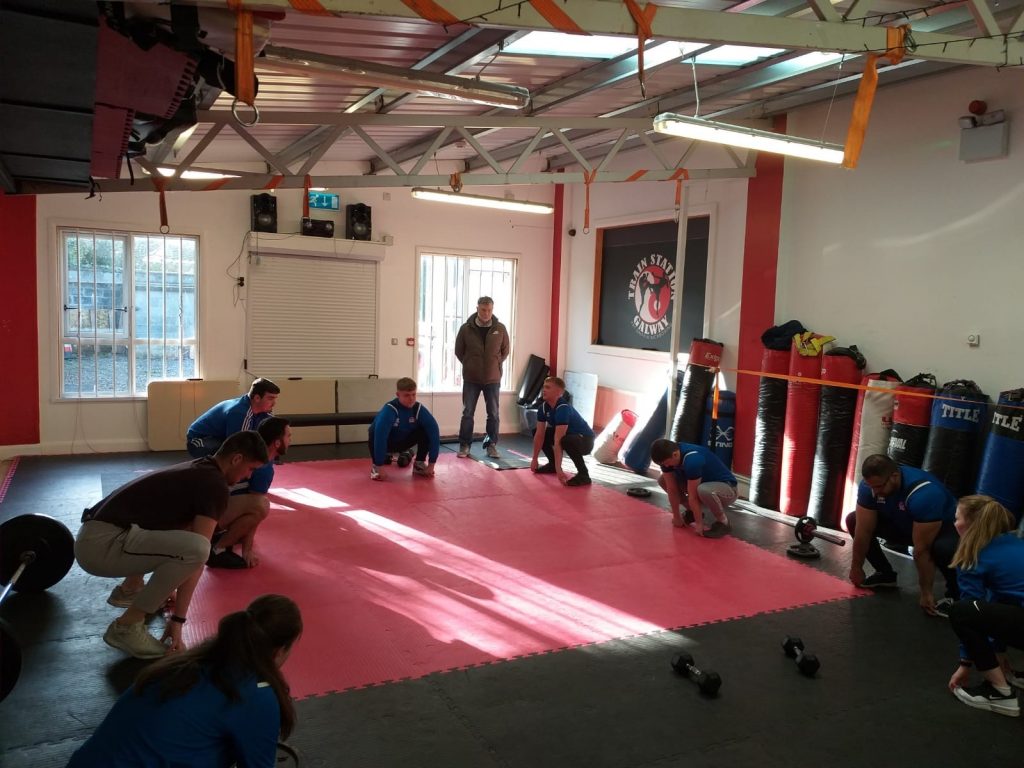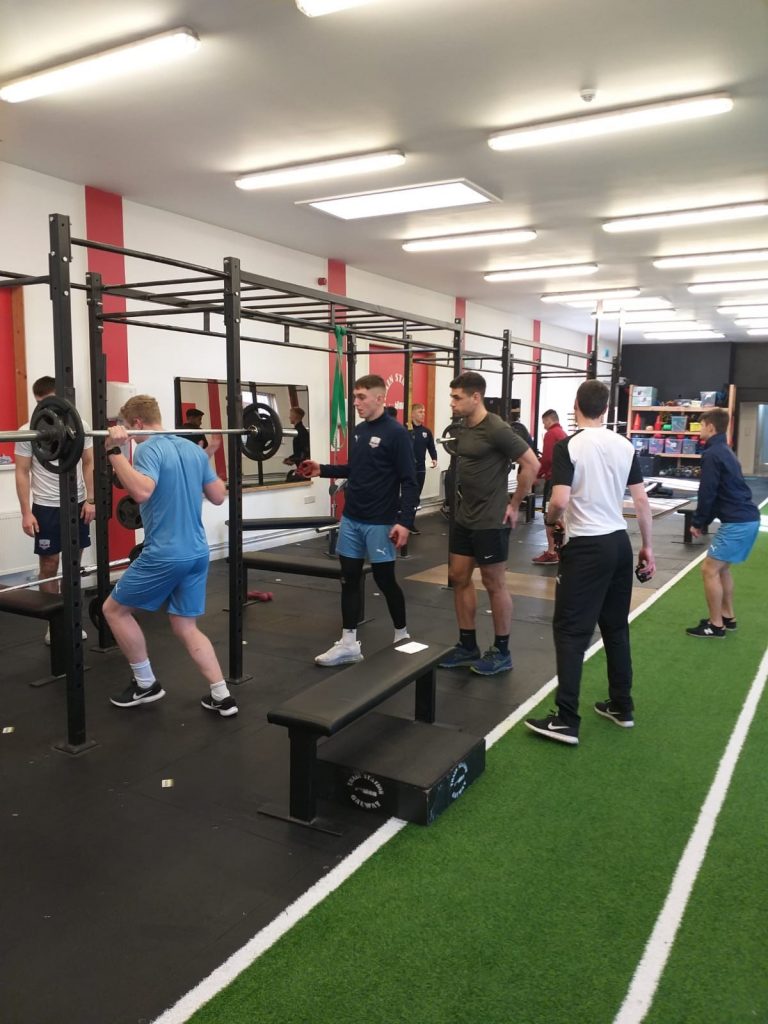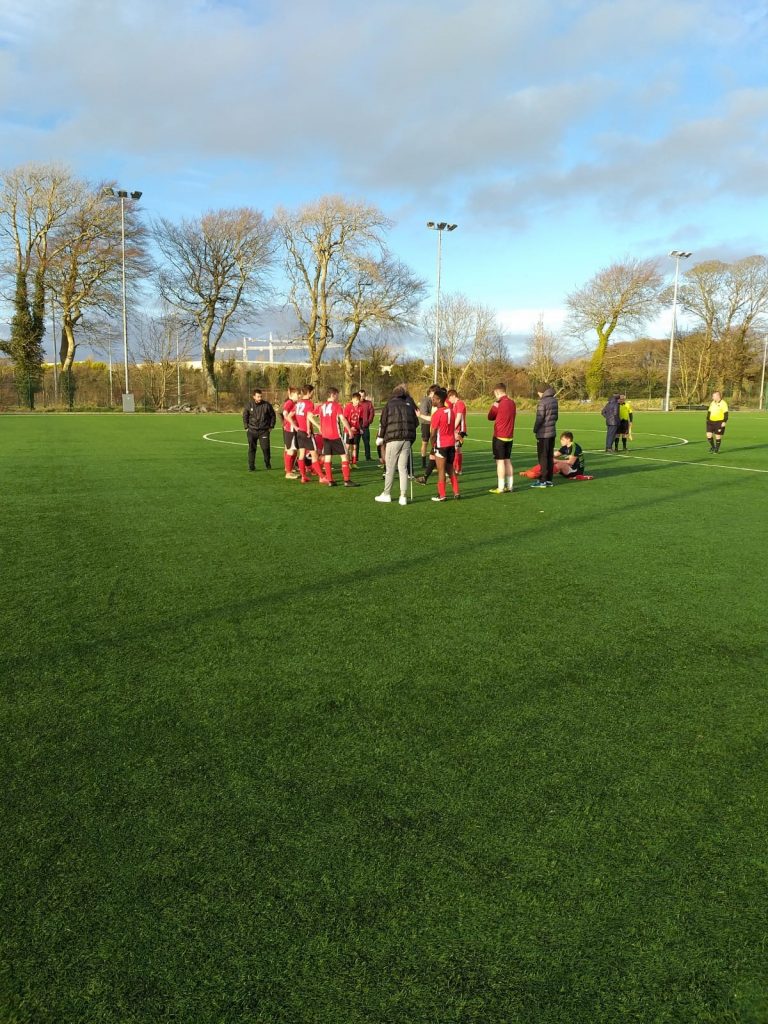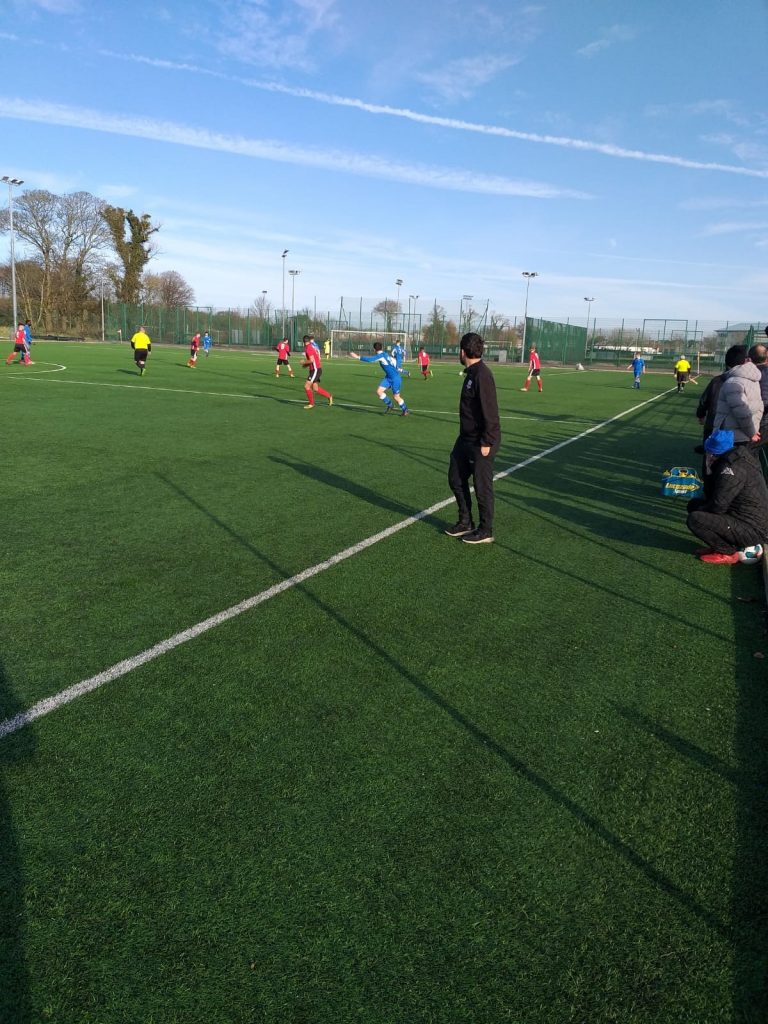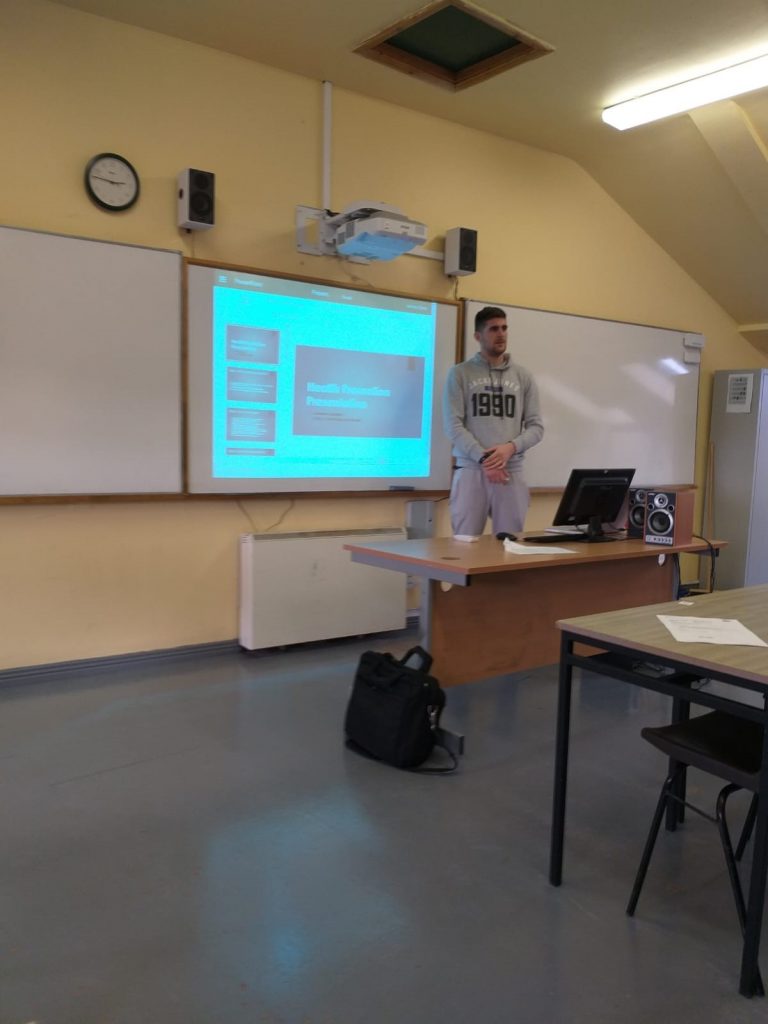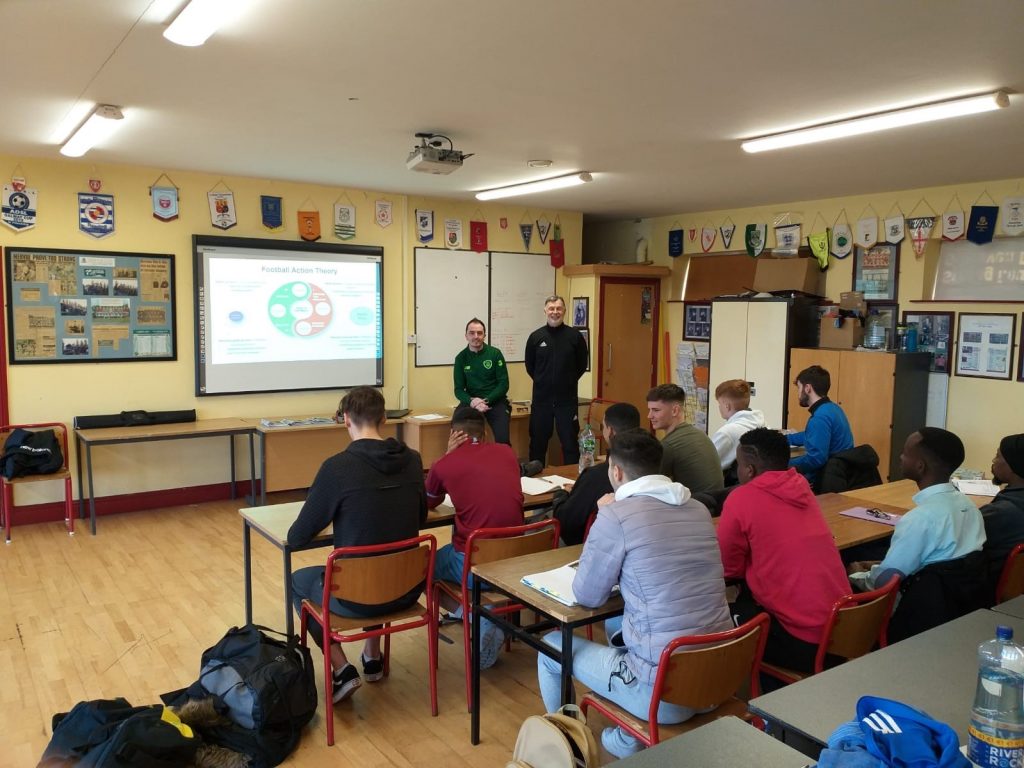Carmen Romero wears many ’hats’. She’s a teacher, head of department and international coordinator at one of Gradia’s partners in the Basque country, CIFP Construccion Bizkaia in Bilbao. Like many others, their college switched to distance learning on 13 March.
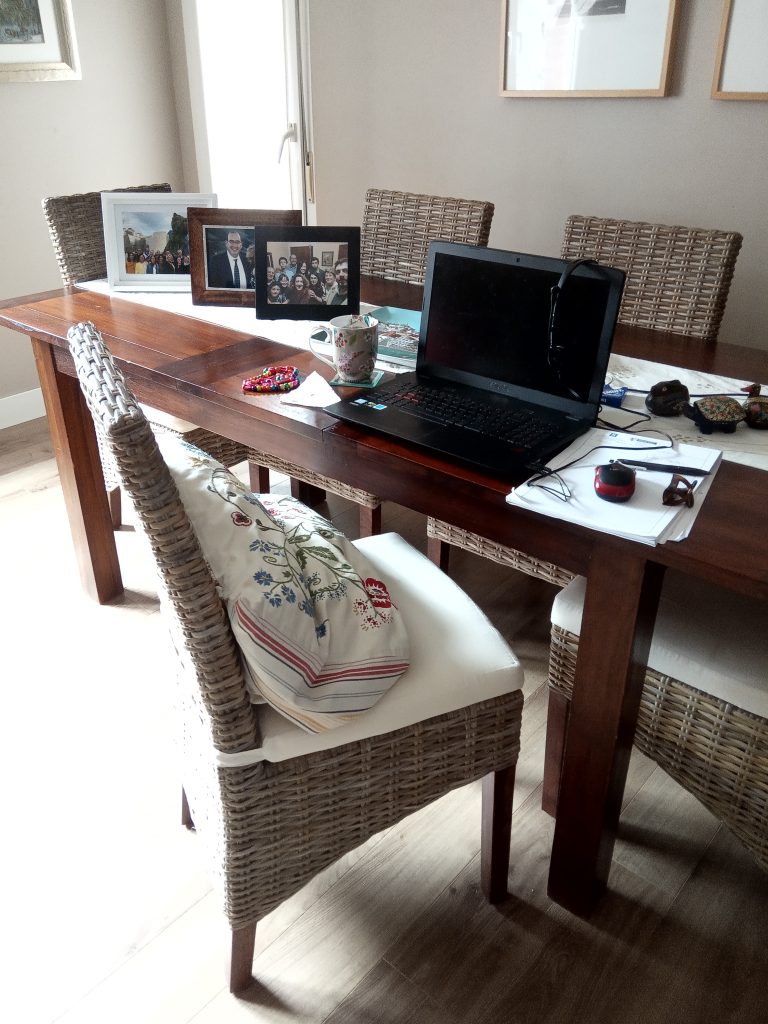
”Overall, changing to distance learning was expected to be a big challenge for all the teachers and students, but the response and reaction has been really good, better than we expected”, Carmen says in her new home office (= dinner table). Most of CIFP Bizkaia’s students are following the classes and making the tasks and jobs that teachers ask them to deliver. Meet is used for video conferences and, in the beginning, they also used Zoom. All the teachers are willing to help students and attend to their needs even outside of their “regular” timetable. Possibly an advantage of being an small organization. Learning and teaching are progressing relatively well under the circumstances and this way of working will continue, at least, until 15 May.
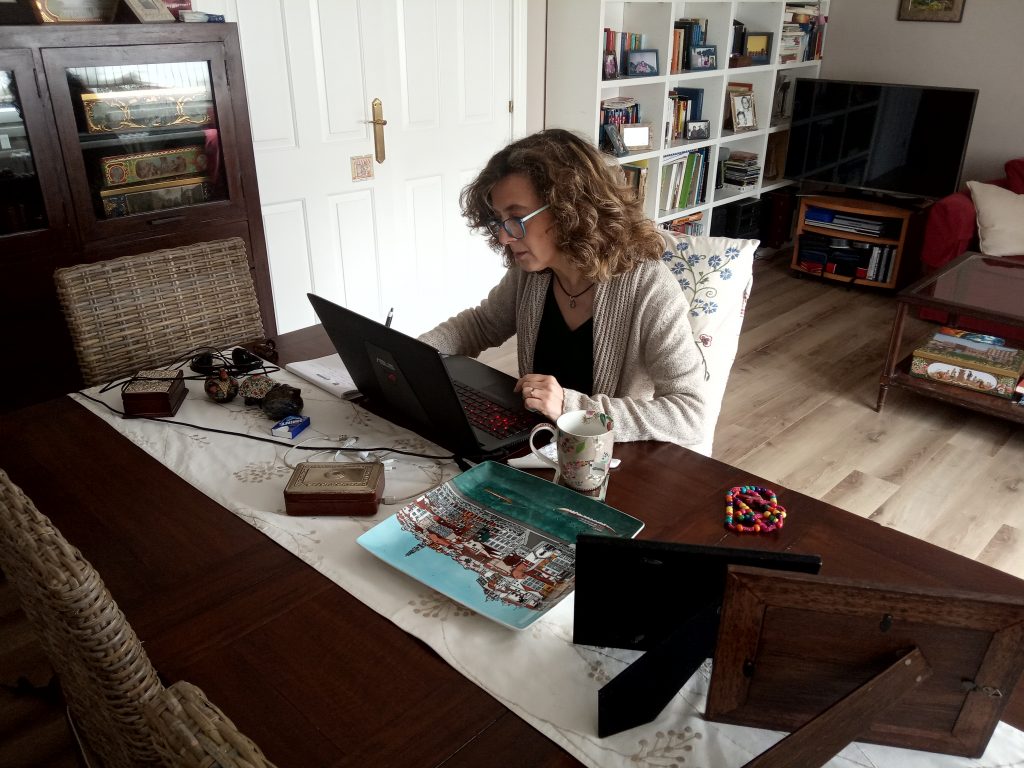
”The biggest challenge has been to transfer the tasks that should have been done at the college workshops for tasks that can be done at home.” Many of the technical skills of construction trade can’t be developed at home, so teachers have come up with different challenges in which the students can combine creativity, technical knowledge, measurements and budgeting. For example, the 2nd year students of interior work have to “set up” their own company and make a proposal for refurbishing their own houses. The task includes making the drawings, searching for materials and explaining how they should be used, taking measurements, budgeting and explaining which professions are needed to perform the work as well as make a work plan for the whole project.
”Initially we worried about the access to the Internet from home, but fortunately most of our students had it.” For those who didn’t (only two of them), the college loaned each of them a computer with a key for the Internet. All the schools in the Basque Country had the order to do it, being provided Internet keys if necessary.
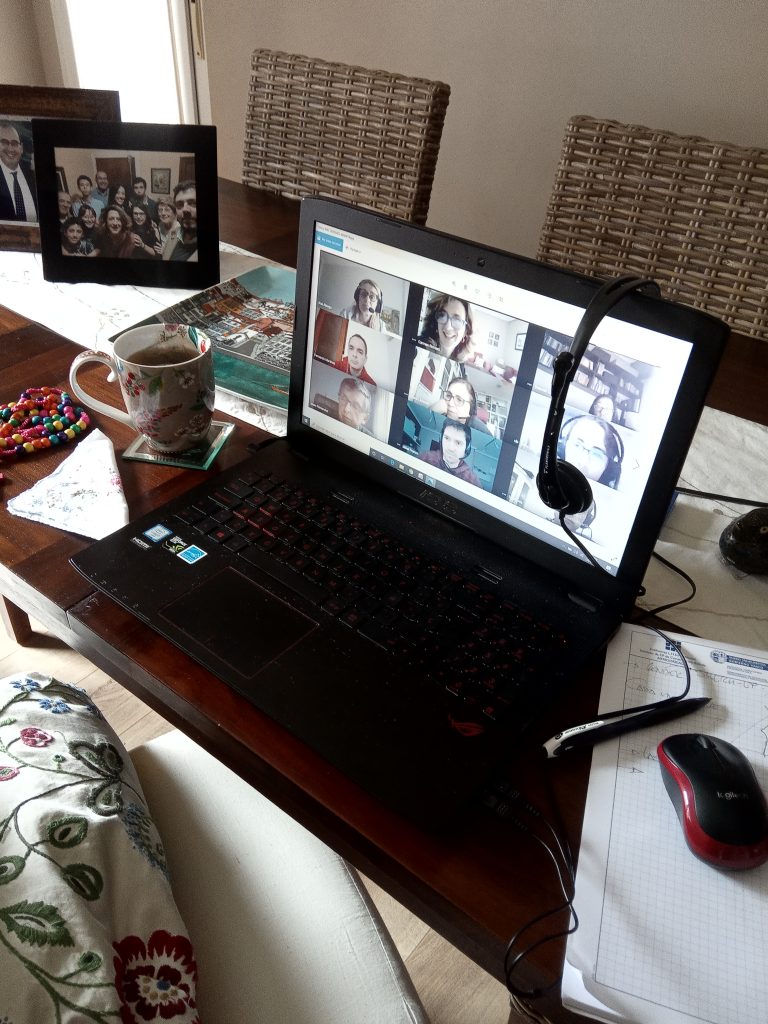
laptop, headset, colleagues via an online tool and coffee.
”None of us were prepared for this situation.” It has been a completely new way of working for our schools which are still very much based on in-person interaction and classes. But due to the willpower of the teachers we are dealing with it beyond anything we could have imagined. According to Carmen, it’s unlikely that this experience will change the way their college operates in the future. ”Basically because, as I have mentioned earlier, our specific field implies the need of being at the workshops to gain the skills and competences.”
The coronavirus situation has of course had an impact on the college’s international activities. ”The first impact happened when Italy closed their borders. Seven of our students were prepared to make their internships in companies there and, after waiting for two weeks to see the progress of the (at that moment) limited epidemic, they had to unpack their luggage and stay at home.” The second wave of events happened when three CIFP students who were in Finland at the time the state of alarm started in Spain and there was a mad dash to bring them back home quickly. ”I became 10 years older in only 24 hours!”, Carmen recalls.
The third impact has been that the college has had to ask for change of duration of their Erasmus+ funding so that they could use the grants at a later date, if possible. The future of mobility activities depends greatly on the medical developments: ” While the vaccine is not yet available and there are no effective medical treatments for this virus, I don’t think we are willing to risk sending the students or teachers abroad. It feels like the most appropriate approach at the moment.” Carmen remains optimistic and thinks that, as all whole scientific community all over the world is working to find a solution, it will come earlier than we can even imagine.
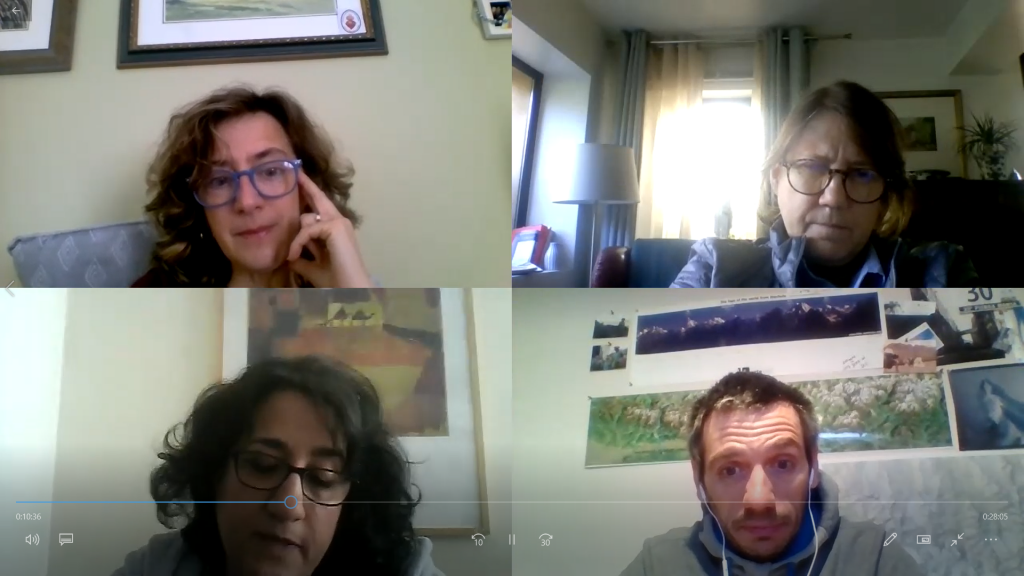
Under Spain’s state of emergency regulations, citizens can only go out alone to buy food, seek medical care, for emergencies or to work in essential industries. Despite staying indoors for weeks, Carmen says she’s coping very well. ”As everyone here, I miss leaving my home, going out, seeing others in person.” But, at the same time, not having to invest time in going to the work place has meant that there is time left over to do other things. ”I try to be dressed as if I were going to school every day. It can sound superficial but I’m sure that to spend the whole day wearing leggings and an old t-shirt makes you, how I could say it, feel scruffy and, consequentely, can make you feel unhappy after several weeks inside the home. But anyway, I just want to go out 🙂 ” , Carmen adds. She believes that the current changes to the way of living will continue while there is a medical solution. ”When it comes, we will work and behave as we have always done. Spanish people, “genetically”, need close physical contact.”
And finally Carmen would like to remind us all that ”many persons are suffering terribly with this pandemic. Some of our friends have lost their mother, father or other relatives; some of our acquaintances have died. It’s a good time to reflect on how we behave with our family, friends, schoolmates or neighbours. It’s a time to rethink our priorities and to be grateful for all we have, for the life we enjoy and it’s time to “send into permanent exile” the complaints and the selfishness.”
CIFP Construccion Bizkaia is a member of EMEU network http://em-eu.eu/
